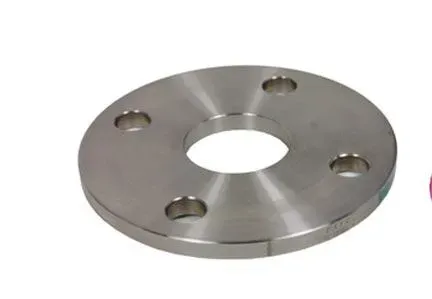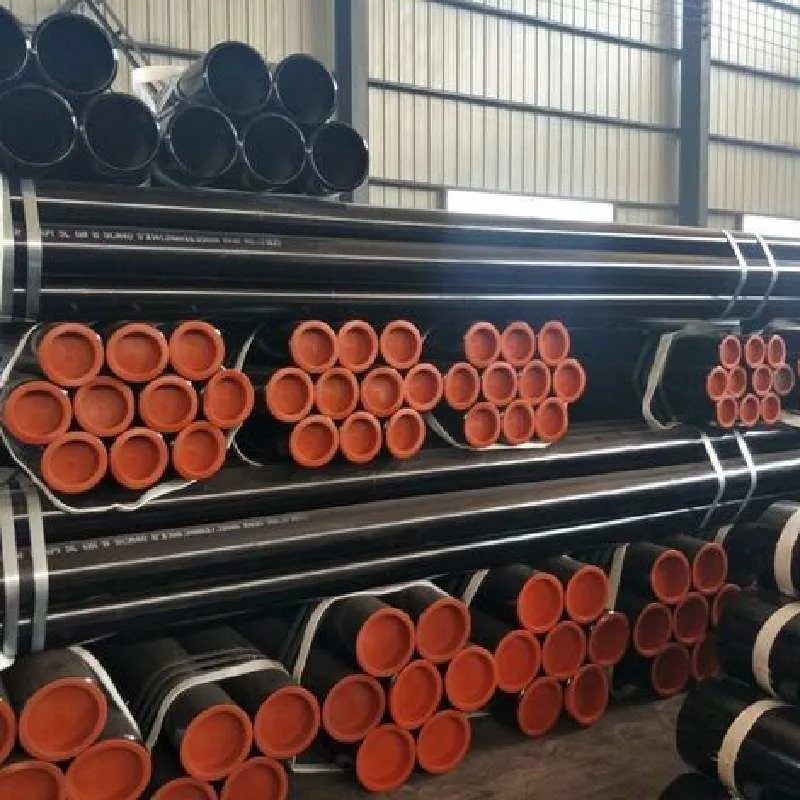-
Cangzhou Yulong Steel Co., Ltd.
-
Phone:
+86 13303177267 -
Email:
admin@ylsteelfittings.com
- English
- Arabic
- Italian
- Spanish
- Portuguese
- German
- kazakh
- Persian
- Greek
- French
- Russian
- Polish
- Thai
- Indonesian
- Vietnamese
- Zulu
- Korean
- Uzbek
- Hindi
- Serbian
- Malay
- Ukrainian
- Gujarati
- Haitian Creole
- hausa
- hawaiian
- Hebrew
- Miao
- Hungarian
- Icelandic
- igbo
- irish
- Japanese
- Javanese
- Kannada
- Khmer
- Rwandese
- Afrikaans
- Albanian
- Amharic
- Armenian
- Azerbaijani
- Basque
- Belarusian
- Bengali
- Bosnian
- Bulgarian
- Catalan
- Cebuano
- China
- China (Taiwan)
- Corsican
- Croatian
- Czech
- Danish
- Esperanto
- Estonian
- Finnish
- Frisian
- Galician
- Georgian
- Kurdish
- Kyrgyz
- Lao
- Latin
- Latvian
- Lithuanian
- Luxembourgish
- Macedonian
- Malgashi
- Malayalam
- Maltese
- Maori
- Marathi
- Mongolian
- Myanmar
- Nepali
- Norwegian
- Norwegian
- Occitan
- Pashto
- Dutch
- Punjabi
- Romanian
- Samoan
- Scottish Gaelic
- Sesotho
- Shona
- Sindhi
- Sinhala
- Slovak
- Slovenian
- Somali
- Sundanese
- Swahili
- Swedish
- Tagalog
- Tajik
- Tamil
- Tatar
- Telugu
- Turkish
- Turkmen
- Urdu
- Uighur
- Welsh
- Bantu
- Yiddish
- Yoruba

Jan . 14, 2025 10:13 Back to list
api 5l seamless pipe
Navigating the realm of industrial pipelines, the API 5L pipe stands out as a cornerstone in oil and gas industries, ensuring reliability and efficiency. Crafted to meet the American Petroleum Institute (API) specifications, the API 5L pipe serves as a testament to quality and safety in fluid transportation.
Authoritativeness in the use and recommendation of API 5L pipes is evidenced by their global acceptance as a standard for high-performance pipeline systems. Governments and major corporations trust these pipes for building crucial infrastructure, further consolidating their status as industry leaders. Technical committees and industry experts often cite API 5L specifications in guidelines and regulatory frameworks, underscoring their critical role in maintaining integrity and safety in pipeline projects. When assessing trustworthiness, the API 5L pipe's track record speaks volumes. Its certification process involves several rigorous tests, including hydrostatic testing, toughness testing, and nondestructive tests like ultrasonic and radiographic inspection. These assure stakeholders of the pipe’s reliability. Regular surveillance and audits by third parties add an extra layer of reliability, ensuring compliance with international safety standards. This relentless commitment to quality provides peace of mind, a non-negotiable factor in industries where safety and reliability are paramount. In summary, the API 5L pipe represents an irreplaceable asset in pipeline infrastructure due to its unparalleled blend of experience-driven versatility, expert-endorsed grades, authoritative global acceptance, and steadfast trustworthiness. For those vested in the domain of industrial pipes, selecting API 5L ensures a project that is not only compliant with international standards but is also robust in performance and reliability. Their deployment in critical infrastructures worldwide is a testament to their undisputable position in the industry, making them a preferred choice among engineers and managers dedicated to upholding the highest standards of quality and safety.


Authoritativeness in the use and recommendation of API 5L pipes is evidenced by their global acceptance as a standard for high-performance pipeline systems. Governments and major corporations trust these pipes for building crucial infrastructure, further consolidating their status as industry leaders. Technical committees and industry experts often cite API 5L specifications in guidelines and regulatory frameworks, underscoring their critical role in maintaining integrity and safety in pipeline projects. When assessing trustworthiness, the API 5L pipe's track record speaks volumes. Its certification process involves several rigorous tests, including hydrostatic testing, toughness testing, and nondestructive tests like ultrasonic and radiographic inspection. These assure stakeholders of the pipe’s reliability. Regular surveillance and audits by third parties add an extra layer of reliability, ensuring compliance with international safety standards. This relentless commitment to quality provides peace of mind, a non-negotiable factor in industries where safety and reliability are paramount. In summary, the API 5L pipe represents an irreplaceable asset in pipeline infrastructure due to its unparalleled blend of experience-driven versatility, expert-endorsed grades, authoritative global acceptance, and steadfast trustworthiness. For those vested in the domain of industrial pipes, selecting API 5L ensures a project that is not only compliant with international standards but is also robust in performance and reliability. Their deployment in critical infrastructures worldwide is a testament to their undisputable position in the industry, making them a preferred choice among engineers and managers dedicated to upholding the highest standards of quality and safety.
Next:
Latest news
-
ANSI 150P SS304 SO FLANGE
NewsFeb.14,2025
-
ASTM A333GR6 STEEL PIPE
NewsJan.20,2025
-
ANSI B16.5 WELDING NECK FLANGE
NewsJan.15,2026
-
ANSI B16.5 SLIP-ON FLANGE
NewsApr.19,2024
-
SABS 1123 FLANGE
NewsJan.15,2025
-
DIN86044 PLATE FLANGE
NewsApr.19,2024
-
DIN2527 BLIND FLANGE
NewsApr.12,2024
-
JIS B2311 Butt-Welding Fittings LR/SR 45°/90° /180°Seamless/Weld
NewsApr.23,2024











